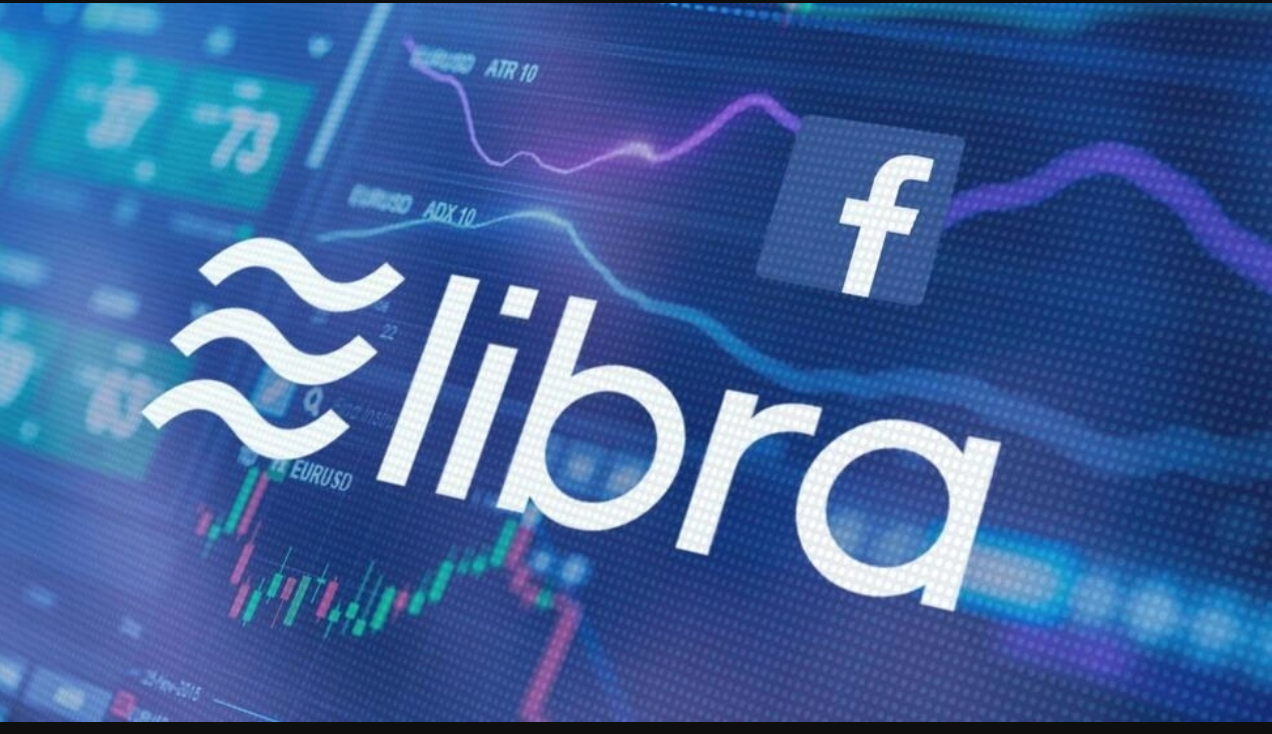Facebook’s Libra: A Game-Changer in Developing

Facebook’s Libra: A Game-Changer in Developing
In the ever-evolving landscape of digital currencies, Facebook’s Libra has emerged as a noteworthy player, attracting regulators and users alike. Libra stirred a lot of controversy and regulatory scrutiny in developed economies, but emerging economies have a unique way of getting to know it. A look at what makes Libra so popular in developing countries and how it might affect their financial landscapes is the topic of this article.
Understanding Libra
It’s important to know what makes Libra different before dissecting its appeal. Launched by Facebook, Libra is a cryptocurrency designed as a stable digital currency, pegged to a basket of assets like traditional fiat. People in emerging economies love this stability feature because their local currencies can be volatile.
Economic Stability and Financial Inclusion
A major draw for Libra in developing countries is its economic stability promise. Emerging economies struggle with high inflation and currency volatility, so citizens lose faith in their currencies. Libra’s stablecoin design gives a sense of financial stability to areas where it’s historically hard to find. It can act as a store of value.
Also, Libra’s ability to help people make money is crucial. Many developing countries have a significant unbanked or underbanked population, which lacks access to traditional banking services. Libra’s digital nature lets you participate in the global economy without a traditional bank account. Thousands of people could benefit from this by being able to do online transactions, get remittances, and get access to financial services they otherwise wouldn’t have.
Remittances and Cross-Border Transactions
Libra’s design is especially helpful for cross-border transactions and remittances; it’s not just great for local transactions. Thousands of individuals in emerging economies work abroad and send money home; traditional banking channels charge exorbitant fees. For people looking for a cheaper way to transfer funds across borders, Libra’s low transaction costs and borderless nature make it a great choice.
Furthermore, the instantaneous nature of Libra transactions addresses another pain point often associated with cross-border payments. The traditional banking system’s delays can be burdensome, especially when individuals rely on timely remittances for their day-to-day expenses. Libra’s blockchain technology facilitates quicker transactions, potentially easing financial constraints for families dependent on international remittances.
Privacy Concerns and Regulatory Challenges
Libra is a great choice for emerging economies, but it doesn’t come without its challenges. Facebook has always had privacy concerns, and the integration of financial services raises even more concerns. Although many people in developing countries want to take advantage of Libra’s financial opportunities, they’re also worried about their financial security and privacy.
Moreover, regulatory challenges are a significant hurdle. Various countries have expressed apprehensions about the potential implications of a global digital currency, especially one backed by a tech giant like Facebook. Striking a balance between enabling financial innovation and ensuring regulatory compliance is an ongoing struggle for Libra, particularly in regions with diverse and complex regulatory frameworks.
Libra’s Potential Impact on Local Economies
The potential impact of Libra on local economies in emerging nations cannot be overstated. By providing an alternative financial infrastructure, Libra could potentially reduce reliance on unstable national currencies, stimulate economic growth, and empower individuals through increased financial inclusion. However, this impact is contingent on overcoming regulatory challenges, addressing privacy concerns, and building trust among users.
Conclusion
Libra’s allure in emerging economies is a multifaceted phenomenon, rooted in the promise of economic stability, financial inclusion, and efficient cross-border transactions. While the potential benefits are substantial, the path forward is riddled with challenges, including privacy concerns and regulatory obstacles. As Facebook’s cryptocurrency like Bitcoin Halving: Catalyst for Change in the Crypto venture navigates these complexities, its success in developing countries could reshape local economies and redefine financial landscapes. Libra’s allure in emerging economies presents a unique opportunity for financial transformation, but its realization requires a delicate balance between innovation and regulatory compliance. The journey of Libra in developing countries is a testament to the evolving nature of digital currencies and their potential to address longstanding financial challenges on a global scale.
